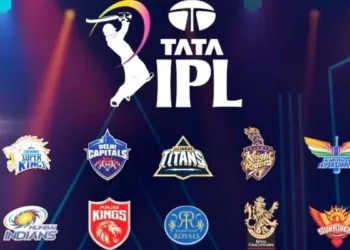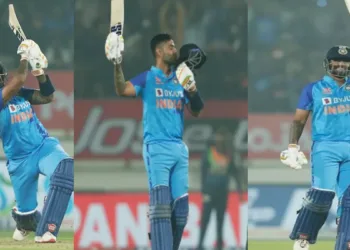If you’ve received an ad in your inbox or received an SMS based on a smartphone call with your wife or a coworker, don’t be surprised; according to a survey released on Wednesday, 1 in 2 Indian individuals admitted to receiving adverts based on their private audio talks.
According to a survey conducted by community social media platform LocalCircles, almost 53% of citizens indicated they have seen adverts on the web or app based on their phone calls at least once in the last year.

The majority of Indians have enabled their mobile phone microphone access for audio/video calls, social networking, and third-party audio recording apps, in their Smartphone
“A large number of people have been raising the issue of seeing contextual advertisements post their private phone conversations and this is very concerning,” said Sachin Taparia, Founder of LocalCircles.

“Such practices must be investigated and any apps requiring microphone access must be required to give clear declarations of where a user’s information will be used and seek explicit consent,” he added.
The Personal Data Protection Bill 2019, which aims to give legislative and statutory protection to users’ or citizens’ personal information and recognizes data protection as a right of individuals, has yet to be approved by the Indian government.
LocalCircles said it will share the survey results with the Information Technology Ministry, the Central Consumer Protection Authority (CCPA), and the Reserve Bank of India (RBI) for further action.

“If this is not done at the earliest, such access could easily lead to financial frauds and people’s personal information getting compromised with no accountability of how it happened,” Taparia said.
According to those who have had such an experience, 28% say it happens frequently, 19% say it has happened several times, and 6% say it has happened a few times.
Only 24% of citizens believe it has never happened, while 23% are undecided. Approximately 84 percent of smartphone users admitted to giving WhatsApp access to their contact list, 51 percent to Facebook or Instagram (or both), and 41 percent to caller information applications like Truecaller.
also read:
Huawei unveils MateBook 16s, D16, 14 2022, and D14 2022 laptops along with MateView SE Monitor








